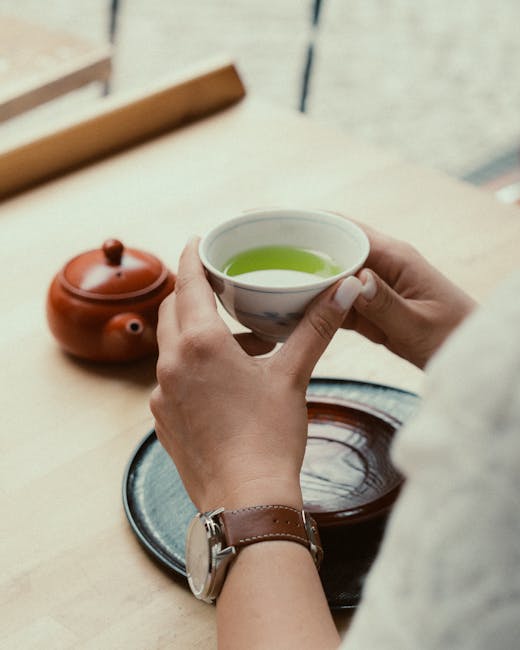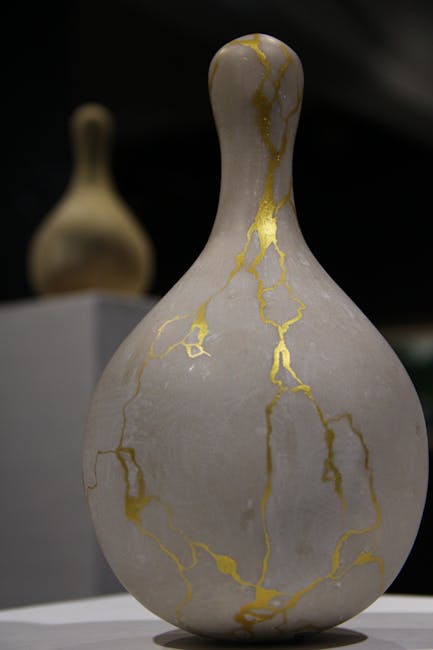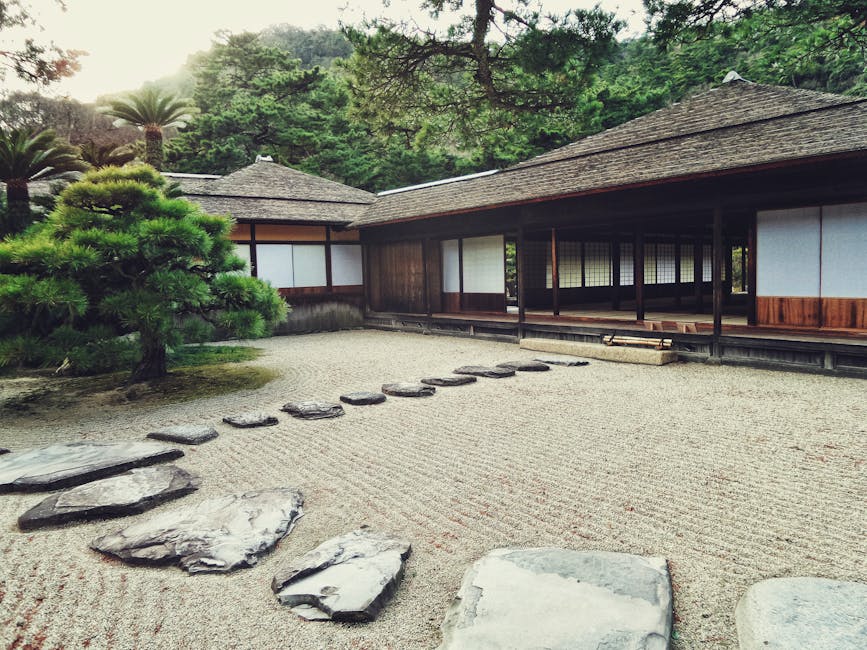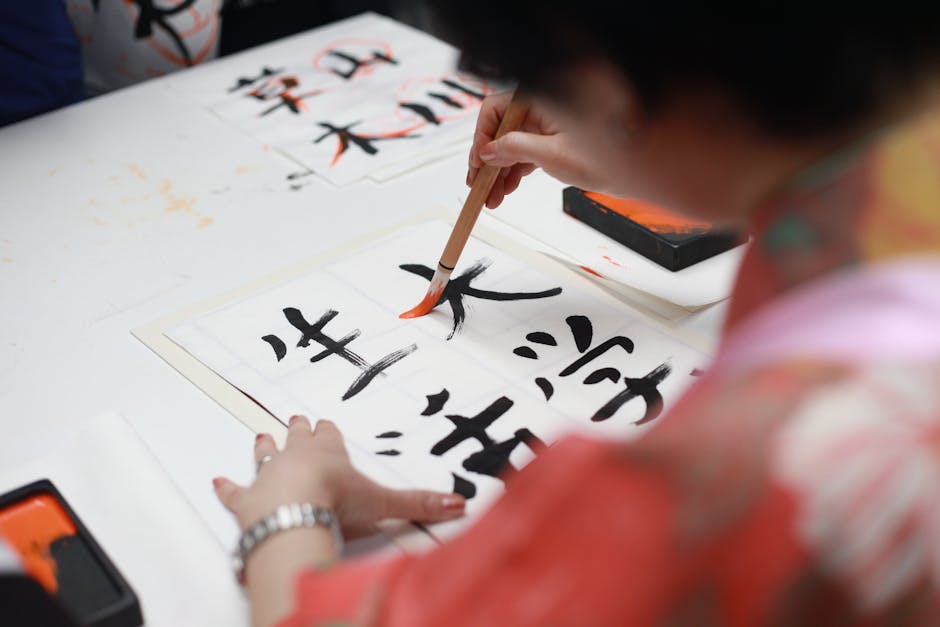Understanding Japanese Cultural Concepts: Bridging the Gap
Japanese cultural concepts have a unique charm that often leaves people outside Japan scratching their heads. As the world becomes more connected, the fascination with these ideas grows, but so does the risk of misinterpretation. Let’s delve into the authentic meanings of popular Japanese terms like wabi-sabi and ikigai, and why it’s crucial to understand them in their cultural context. After all, as the saying goes, “You can’t judge a book by its cover,” and you definitely can’t judge a culture by its catchphrases!
The Globalization of Japanese Cultural Concepts
It’s truly fascinating how Japanese philosophy has tiptoed into Western self-help culture, like a ninja in the night.
People worldwide are drawn to the simplicity and depth of these concepts, but without their cultural roots, misunderstandings abound. Terms like wabi-sabi, ikigai, kintsugi, and zen are being adapted into Western lifestyles, often without a full grasp of their rich backgrounds.

Think of these Japanese cultural concepts as both a bridge and a barrier. They offer a bridge to appreciating a culture that’s distinct in its worldview. Yet, without proper context, they become mere shadows of their true selves, often reduced to trendy buzzwords that miss the deeper philosophical and emotional layers intrinsic to their origins.
Common Misinterpretations of Japanese Cultural Concepts
Wabi-Sabi: Often mistaken as an aesthetic of rustic beauty, the Western take misses its philosophical depth.
Wabi-sabi is about finding beauty in imperfection and transience, not just a trendy decor style. In Japan, it’s a worldview embracing the imperfect, transient, and incomplete. Imagine calling wabi-sabi just a design principle—it’s like calling Shakespeare a decent poet!

Ikigai: Often simplified to a career guide in the West, ikigai in Japan is about life fulfillment, varying regionally. It’s not just about landing the perfect job but finding a sense of purpose. Ikigai can be discovered in daily rituals, family, hobbies, and even the smallest pleasures of life.
Reducing it to a formulaic career path is like saying sushi is just fish and rice.
Kintsugi: Beyond mending broken pottery with gold, kintsugi embodies resilience and acceptance of flaws. Its Western commercialization focuses on aesthetics, overshadowing its philosophical implications. Kintsugi is more than repair; it’s a metaphor for valuing an object’s entire history, breaks and all. It’s like celebrating a scar as part of your story rather than a blemish to hide.

Zen: Often used as a buzzword, zen’s Buddhist roots are overlooked. Mindfulness in the West sometimes lacks its original depth, leading to cultural appropriation. True zen involves disciplined practice and deep self-exploration, aiming for enlightenment. Reducing it to a lifestyle brand is like calling a marathon a casual jog.
The goal of Zen isn’t merely stress reduction or decluttering – it’s about fundamentally understanding the nature of mind and reality through direct experience. This involves confronting challenging questions about existence, identity, and consciousness.

The marathon analogy is particularly apt: just as one cannot truly understand marathon running by occasionally jogging around the block, one cannot grasp Zen’s essence through superficial adoption of its aesthetics or occasional meditation sessions. True Zen practice requires dedication, often involving years or decades of consistent practice under qualified guidance.
Cultural appropriation becomes particularly problematic when Zen’s profound spiritual and philosophical framework is stripped away, leaving only a marketable shell of “zen-like” qualities. This not only diminishes the tradition’s rich heritage but also deprives practitioners of its genuine transformative potential.
Impact of Misinterpretation
Misunderstanding Japanese cultural concepts can lead to dilution and commercial exploitation. When we lose the nuance of these ideas, it affects not only the perception of these concepts but also how Japanese culture is viewed globally. It’s like trying to appreciate a symphony with earplugs in!
Moreover, this misinterpretation can lead to a lack of respect for the cultural origins of these concepts.
When the depth and meaning of concepts like wabi-sabi or ikigai are lost, it diminishes the richness of Japanese culture and its contributions to global philosophical thought. It risks perpetuating stereotypes and reducing a complex culture to a series of marketable trends.
Authentic Understanding of Japanese Cultural Concepts
To truly grasp these concepts, we must consider cultural context, language nuances, and historical significance. Regional variations in Japan also play a crucial role. By respecting these elements, we can appreciate their true meanings.
Engaging with Japanese literature, art, and philosophy can lead to a more authentic understanding. Remember, it’s not just about the words; it’s about the world they come from!

Language plays a significant role in understanding these concepts. Many Japanese words have nuanced meanings that are difficult to translate directly into English. Engaging with the language, even at a basic level, can provide insights into the subtleties and depth of these ideas. Additionally, understanding the historical and social contexts in which these concepts developed can offer a richer perspective on their significance and application.
Learning Japanese can be both a fun and challenging experience. Would you like to explore this fascinating language? Read more here.
Modern Applications of Japanese Cultural Concepts
Respectful adaptation of Japanese cultural concepts can lead to meaningful exchanges. It’s about maintaining authenticity while allowing global appreciation. The key is to bridge cultural gaps without losing the original meanings. By approaching these concepts with respect and curiosity, we can foster a deeper appreciation for Japanese culture and its contributions to global thought.
This involves moving beyond superficial adaptations and engaging with the philosophical and spiritual dimensions of these Japanese cultural concepts.
Instead of merely adopting the aesthetic of wabi-sabi, we can learn to appreciate the beauty of imperfection and impermanence in our lives. By understanding the true essence of ikigai, we can find meaning and purpose beyond career success and material achievements.

Moreover, acknowledging the spiritual roots of concepts like zen can lead to a more profound engagement with mindfulness practices. By embracing the philosophical underpinnings of kintsugi, we can learn to value resilience and the beauty of life’s imperfections.
Conclusion
Moving forward, it’s essential to approach Japanese cultural concepts with mindfulness and respect.
By understanding their true essence, we can enjoy a richer cultural exchange. For more insights, visit the Japan Society for Cultural Studies, <a href="https://www.jpf.
go.jp/e/” rel=”noreferrer noopener” target=”_blank”>The Japan Foundation, and Nippon.com.
By approaching these concepts with an open mind and a willingness to learn, we can create a dialogue between cultures that enriches our understanding of the human experience. This involves respecting the cultural origins of these ideas and resisting the urge to simplify or commercialize them for mass appeal. Instead, we can celebrate the diversity of thought and the richness of cultural traditions that these concepts represent.
FAQs
What is the true meaning of wabi-sabi? Wabi-sabi is about appreciating the beauty in imperfection and transience, rather than just an aesthetic style. It is a worldview that embraces the natural cycle of growth and decay.
Is ikigai only about finding the right job? No, authentic ikigai is about life fulfillment and purpose, which can vary greatly among individuals. It encompasses all aspects of life, not just career.
How can I respect Japanese cultural concepts? By understanding their cultural context and avoiding superficial interpretations, you can maintain respect for these concepts. Engaging with the language, history, and philosophy of Japan is a good start.
What are the risks of misinterpreting these concepts? Misinterpretation can lead to cultural dilution and loss of the original nuanced meanings. It can also contribute to stereotypes and reduce cultural identities to marketable trends.
Where can I learn more about Japanese cultural concepts? Explore resources like Japan Society for Cultural Studies and <a href="https://www.jpf.go.
The Japan Foundation for deeper insights. Engaging with Japanese literature, art, and philosophy can also provide valuable perspectives.











The attention to detail is unreal.